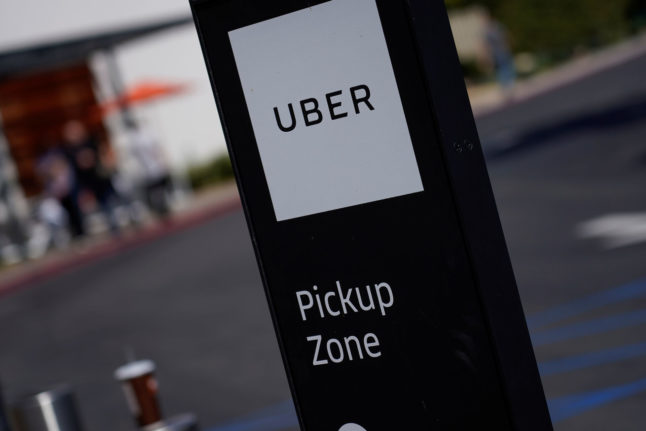The coalition government appears to be at odds with itself about whether to allow shared lift service Uber to operate in Denmark again, after two of the three governing parties expressed apparently conflicting views on the matter.
Tax spokesperson Anders Kronborg of the Social Democrats contradicted Liberal (Venstre) transport minister Thomas Danielsen’s recent comments on a possible comeback for Uber or similar services.
Uber withdrew from Denmark in 2017 after a new taxi law was passed requiring mandatory fare meters in cabs and seat occupancy detectors to activate the airbags.
The company said the following year that it was willing to return to the Danish market under a “different model” but that is yet to happen.
More recently, taxi laws were last year eased on some of Denmark’s smaller islands to allow islanders to take passengers in return for payment without falling foul of taxi laws, or needing to fit their vehicle with a taxi metre.
Danielsen said last weekend in an interview with newspaper Politiken that he would not rule out a comeback for Uber.
“Uber can certainly solve many mobility challenges. But I’m not set on any one model,” he told the newspaper.
According to the minister, bus services in some parts of the country are not a sustainable model for public transportation.
The minister said potential alternatives could be ride sharing, shared taxis or an extension of the Flextrafik subsidised taxi system already used in areas with limited bus coverage.
Kronborg responded by saying to newspaper Ekstra Bladet that Danielsen “should think more carefully before making such a bombastic announcement”.
Uber created skewed competition when the company previously operated in Denmark from 2014-2017, according to Kronborg.
“That’s why I’m obviously saying now that I am not satisfied that the Minister of Transport is suggesting Uber will come back,” he said.
The government has appointed an expert advisory board to report to it with proposals on new public transport models that will boost mobility throughout Denmark. The report is due by the end of 2024.
Uber originally entered the Danish market in Copenhagen in 2014 and had 2,000 drivers at its peak.
But complaints to police, protests and court cases plagued the ride sharing firm, which eventually withdrew from Denmark in early 2017. Uber drivers were given fines in by courts in Denmark in 2016 for breaking taxi laws.



 Please whitelist us to continue reading.
Please whitelist us to continue reading.
Member comments